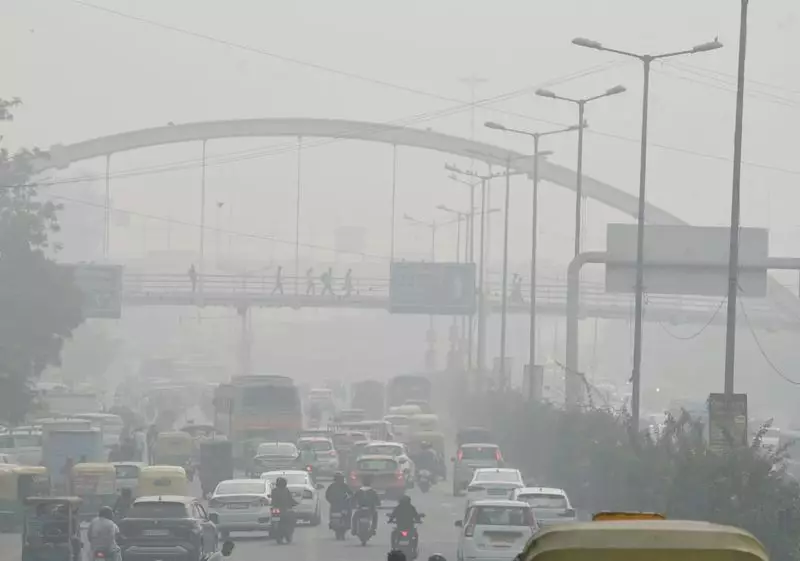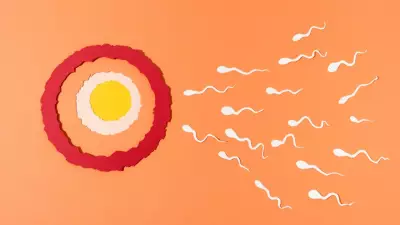
Delhi residents continue to breathe hazardous air as the capital's air quality remains firmly in the 'very poor' category. The Air Quality Index (AQI) registered at 381 on Monday, showing little improvement from previous days and maintaining the alarming pollution levels that have become characteristic of the winter season.
Current Air Quality Status and Measurements
The latest readings from monitoring agencies confirm that Delhi's overall AQI stood at 381, firmly placing it in the 'very poor' classification. This measurement, recorded on Monday, reflects the persistent pollution crisis gripping the national capital. The air quality shows minimal signs of improvement despite various measures implemented by authorities.
Meteorological conditions continue to play a significant role in the deteriorating air quality. The minimum temperature settled at 7.6 degrees Celsius, which is considered normal for this time of year. However, the relatively calm wind conditions and temperature patterns have created an environment where pollutants accumulate rather than disperse.
Government Response and Restrictions
In response to the continuing poor air quality, authorities have maintained several restrictions across the city. The Stage III measures of the Graded Response Action Plan (GRAP) remain in effect, targeting significant reduction of pollution sources. These measures include strict enforcement across various sectors contributing to the pollution problem.
The ongoing restrictions reflect the seriousness with which authorities are treating the air quality crisis. The implementation of GRAP Stage III indicates that the situation requires substantial intervention to prevent further deterioration of air quality that could push the AQI into the 'severe' category.
Health Implications and Public Advisory
The 'very poor' air quality level carries significant health implications for Delhi's residents. Medical experts have consistently warned that exposure to such pollution levels can lead to respiratory illnesses and aggravate existing health conditions. The vulnerable populations, including children, elderly citizens, and those with pre-existing health issues, face the highest risks.
Health authorities recommend that people minimize outdoor activities, especially during morning and evening hours when pollution concentrations tend to be highest. The use of protective masks and air purifiers continues to be advised, particularly for those who must spend extended periods outdoors.
The current situation underscores the ongoing challenge of air pollution management in India's capital city. With the AQI remaining at 381, Delhiites await more substantial improvements in air quality that would allow for the lifting of current restrictions and provide relief from the health hazards posed by the polluted air.





